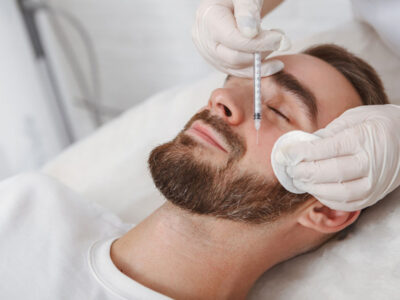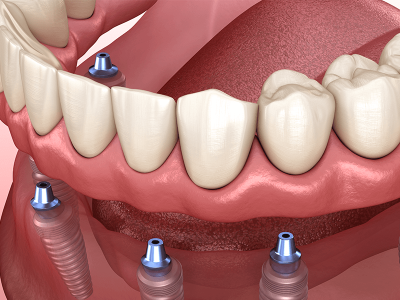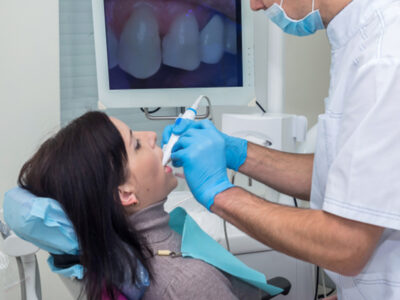In an area filled with rehab facilities with claims of offering treatment for substance-related addiction, determining whether the drug and alcohol rehab services work can be a challenging pursuit. For instance, a person in the Fort Worth area battling drug or alcohol addiction, or with a loved one facing the same may be wondering – does rehab really work?
It’s a fair question to ask since enrolling in a drug and alcohol rehab involves investing significant time, energy, and resources into the professional treatment offered.
In this blog, the team at Skyward Treatment Center in Fort Worth, Texas understands your concerns and tries to provide clarity on what you should consider as true success in drug and alcohol addiction recovery.
Defining Successful Drugs and Alcohol Addiction Rehab
The Office of National Drug Control Policy outlines that an effective drug and alcohol rehab program is indicated by the following positive outcomes:
- Reduced or eliminated drug and alcohol use
- Improved performance at work, school, or home
- Stronger relationships and social connections
- Enhanced overall mental and emotional well-being
- Decreased engagement in criminal activities
However, determining the “success rates” of drug and alcohol rehab is more complex than a simple percentage. The complexity arises from the fact that recovery is a personal journey and the recognition of addiction as a chronic brain disease, making relapse an unfortunate reality that many individuals face at some point in their recovery journey.
Understanding Relapse Rates
Having classified addiction as a chronic illness, its relapse rate is within the 40-60% range compared to those of other chronic illnesses like hypertension, diabetes, and asthma, which have relapse rates between 50-70%. This similarity implies that addiction success rates are also affected by various factors, such as stress levels, family support systems, and socioeconomic status, that act as root causes of chronic illness relapses. This comparison implies that individuals can develop the resilience and coping skills needed to overcome setbacks and maintain their commitment to sobriety over the long term through the effective utilization of evidence-based strategies.
Factors Impacting Successful Recovery
At Skyward Treatment Center, we understand that there is no one-size-fits-all approach to addiction recovery. We have identified four key factors that have been proven to contribute to an individual’s likelihood of achieving lasting sobriety through drug and alcohol rehab:
- Program Length: Research consistently shows better outcomes for those who complete at least 90 days of treatment compared to 30-day programs.
- Comprehensive Care: Effective drug and alcohol rehab addresses the root causes of addiction through an integrated approach combining medical detox, individual and group therapy, trauma counseling, medication-assisted treatment (if appropriate), and complementary holistic therapies.
- Aftercare Support: Continued engagement in step-down programs, sober living communities, alumni networks, and community support groups reinforces recovery principles and prevents relapse.
- Individual Commitment: Perhaps most importantly, recovery is a personal journey that makes an individual’s readiness to fully embrace the recovery process, confront underlying issues, and make lifestyle changes a key determinant of achieving sobriety.
Navigate Every Stage of The Recovery Journey! Enroll In a Personalized Drug And Alcohol Rehab Program At Skyward Treatment Center, Fort Worth, Texas.
If you’re ready to break free from the grip of drug and alcohol addiction, reach out to Skyward Treatment Center today. Our compassionate specialists are standing by to answer your questions, discuss treatment options, and start you on the transformative path to regaining your life. Your journey towards health and wholeness begins here, let us walk alongside you.













Comments